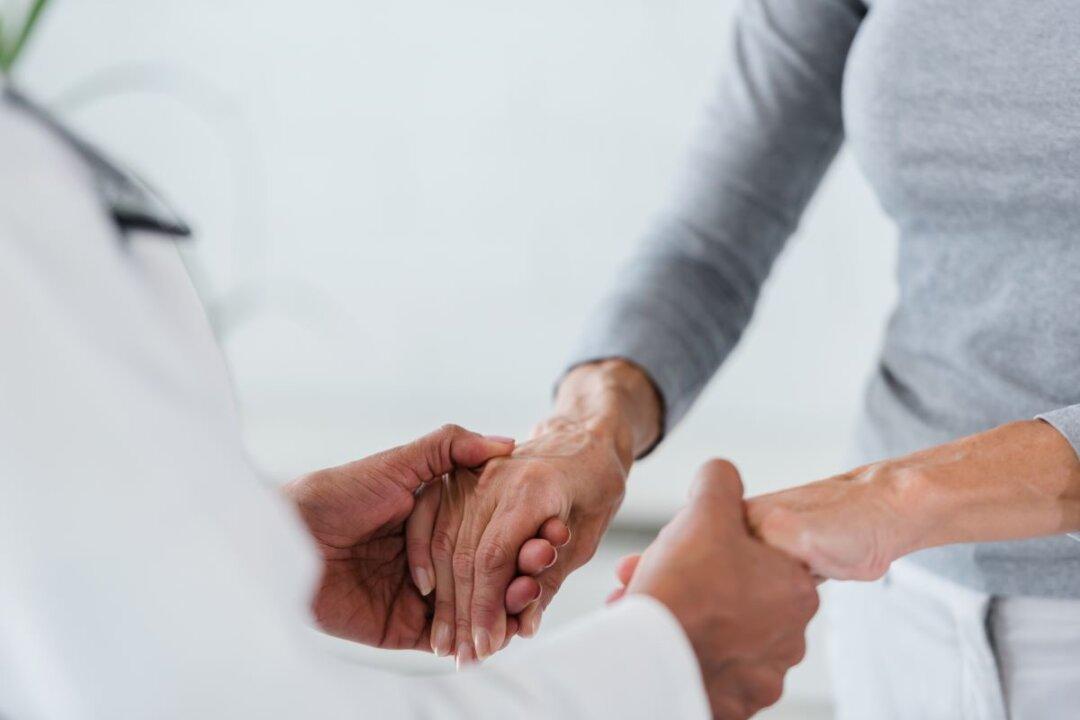When Paul Fraser collapsed in his home in Byron Bay, New South Wales (NSW), he lay helpless on the floor, suddenly unable to speak.
His wife Julie Brown immediately called an ambulance, knowing he was likely having a stroke.

When Paul Fraser collapsed in his home in Byron Bay, New South Wales (NSW), he lay helpless on the floor, suddenly unable to speak.
His wife Julie Brown immediately called an ambulance, knowing he was likely having a stroke.